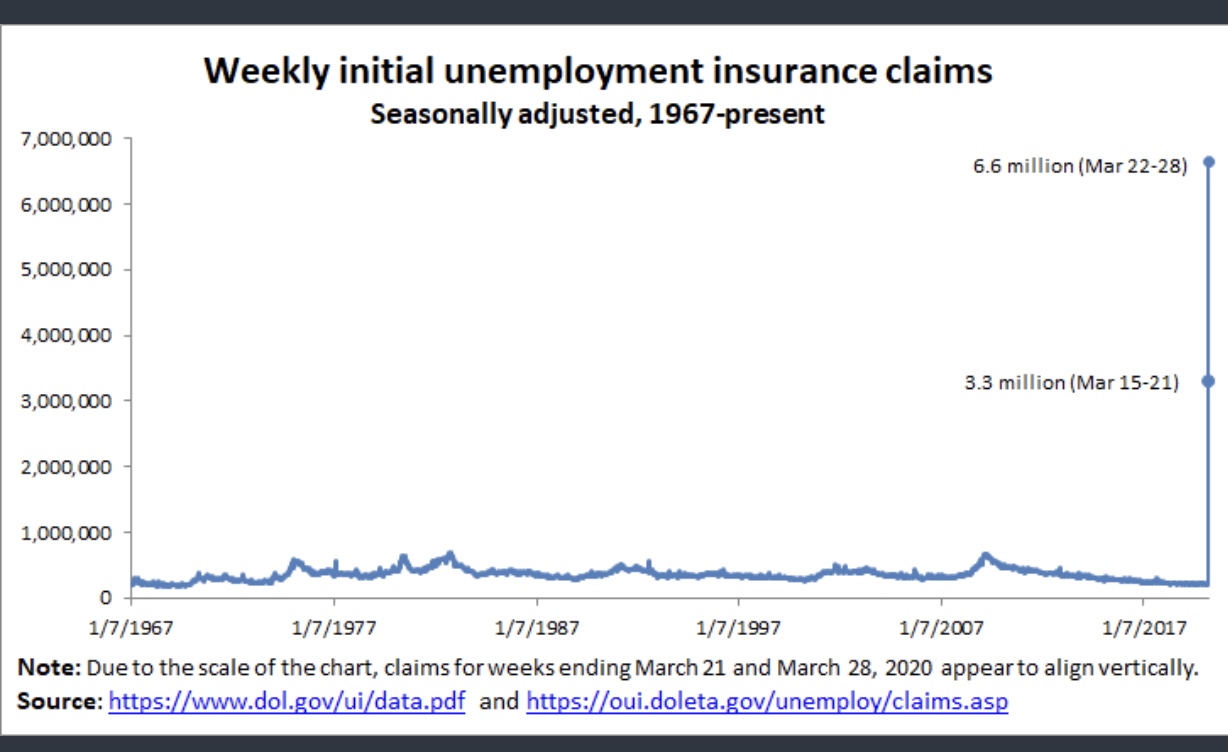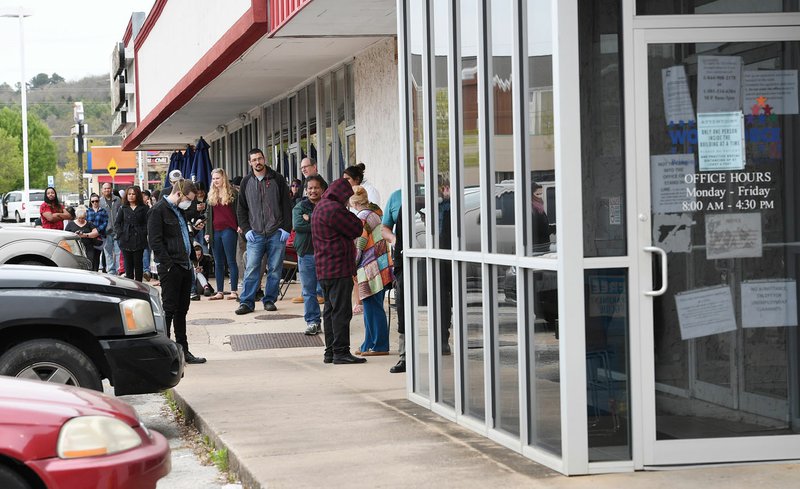As nations around the globe are placed in lock down, enforcing polices of social distancing and government “stay at home” orders to slow the spread of COVID-19, millions of businesses are being deemed ”non-essential to daily life” forcing their doors to close.
This has prompted the layoff of millions of workers, who are seeing their jobs all but vanish overnight. With many countries extending their restrictions beyond the initial date, more and more people are facing the new reality of unemployment.
In the United States 6.6 million Americans filed for unemployment in the last week, with New York Times reporting that 10 million jobs have vanished in the last two weeks. This leaves the US unemployment rate at around 15%, a rate that is three times higher than during the 2008 recession, and a rate that hasn’t been seen in the country since the stock market crash and the great depression that followed it in 1929.

There are predictions that the worst is yet to come. Economists at the University of Oxford suggest the United States could see 20 million more jobs lost, pushing the unemployment rate to 35% – a rate the nation has never seen before, reports the country’s National Public Radio.
In Germany, finance minister of the Hesse region, Thomas Schaefer, committed suicide, reportedly after being deeply worried about the economic effects the virus would have on the global economy.
The New York Times reports that in Spain, 800,000 Spanish workers lost their jobs in March, pushing unemployment rates to 14%. Despite strict orders from the government for citizens to remain in their homes, hundreds of people have been lining up outside social security offices daily in attempts to collect unemployment benefits.
The BBC reports that British Airways is in talks to suspend 32,000 members of its staff, and the American-based airplane manufacturer Boeing has announced its own layoffs after a large number of countries issued travel bans, greatly decreasing demand.




